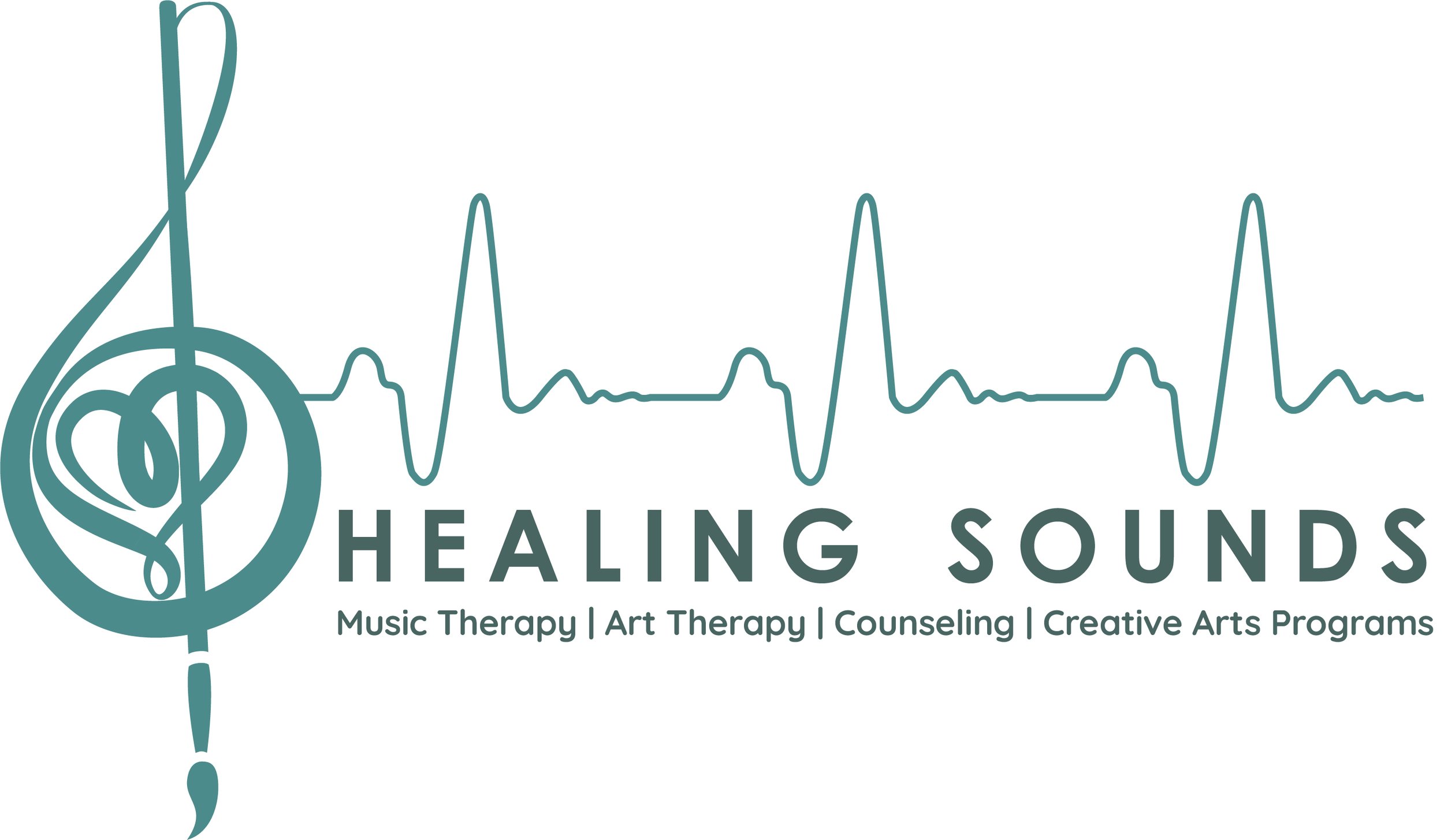Music Therapy and Adults with I/DD
In my early years as a music therapist, I developed a passion for working with adults and children with intellectual and developmental disabilities. Much of society’s attention is focused on children with disabilities. While early intervention and services for children are important, and music therapy is a big part of that, adults are important too!
Adults with intellectual and developmental disabilities tend to get the short end of the stick, as most of society’s attention is focused on children. People seem to forget that those children eventually grow up! We’re beginning to see more and more services geared toward the adult side of the spectrum, and that’s where music therapy comes in – as an effective therapy for fostering continued growth and improvement in areas of communication, social skills, activities of daily living, and even job skills. Music therapy can be utilized for this population in the form of group sessions or individual sessions – or both! Music is such a great tool for encouraging appropriate social interaction, from lyric discussion and songwriting about how to be a good friend, to learning how to greet each other within the music, to sharing and taking turns with instruments and learning how to listen to one another.
In my experience, music therapy is particularly beneficial for those who are unable to communicate verbally, whether they are completely non-speaking or their speech is unreliable, such as those with echolalic tendencies. Music provides opportunities to connect with each other in a non-verbal way, opening up the path for developing a meaningful therapeutic relationship, and helping both the client and therapist understand each other better. There are many ways we communicate with other people, and all behavior is some form of communication. Often, “negative” or disruptive behaviors, such as biting, yelling, hitting, running away, or self-harm, tend to arise in people who are unable to express themselves effectively, largely because this is the best way they know how to communicate their needs. Music therapists are able to reduce these behaviors by validating what the person is trying to express, de-escalating through music, and then teaching more appropriate and effective ways of communicating, whether that is through sign language, a communication device, or gestures.
Some ways that I have helped clients learn to communicate through music include using favorite songs as a motivator to make accurate choices, singing a familiar song and prompting the client to fill in the blank – either with the correct response or as a fill-in-the-blank songwriting intervention (depending on whether that person’s primary goal is accuracy or self-expression), teaching useful ASL signs and practicing them within a song, and more. The method for each client is different and is specifically tailored to their strengths and needs.
One of the most important aspects of developing a relationship with a person with any disability is to always presume competence. This is where I begin when meeting someone new. Someone’s inability to express their thoughts does not mean those thoughts aren’t there. I have found that most of the people I’ve worked with understand far more than most people give them credit for, and they are often able to showcase that understanding within the music when they haven’t been able to demonstrate it in other areas of their life.
Many people with developmental disabilities have very little control over their daily lives. Can you imagine how frustrating that must be? Music therapy gives clients an opportunity to explore, to make their own choices, and communicate their wants and needs clearly in a safe and accepting environment. I always prefer to give my clients a chance to respond independently before giving prompts. It’s one step forward on the road to independence.
If you are interested in music therapy for your loved one with an intellectual or developmental disability, contact us to learn more about individual sessions, current groups we have available, or set up a music therapy group specifically for your organization. We would love to talk with you!

